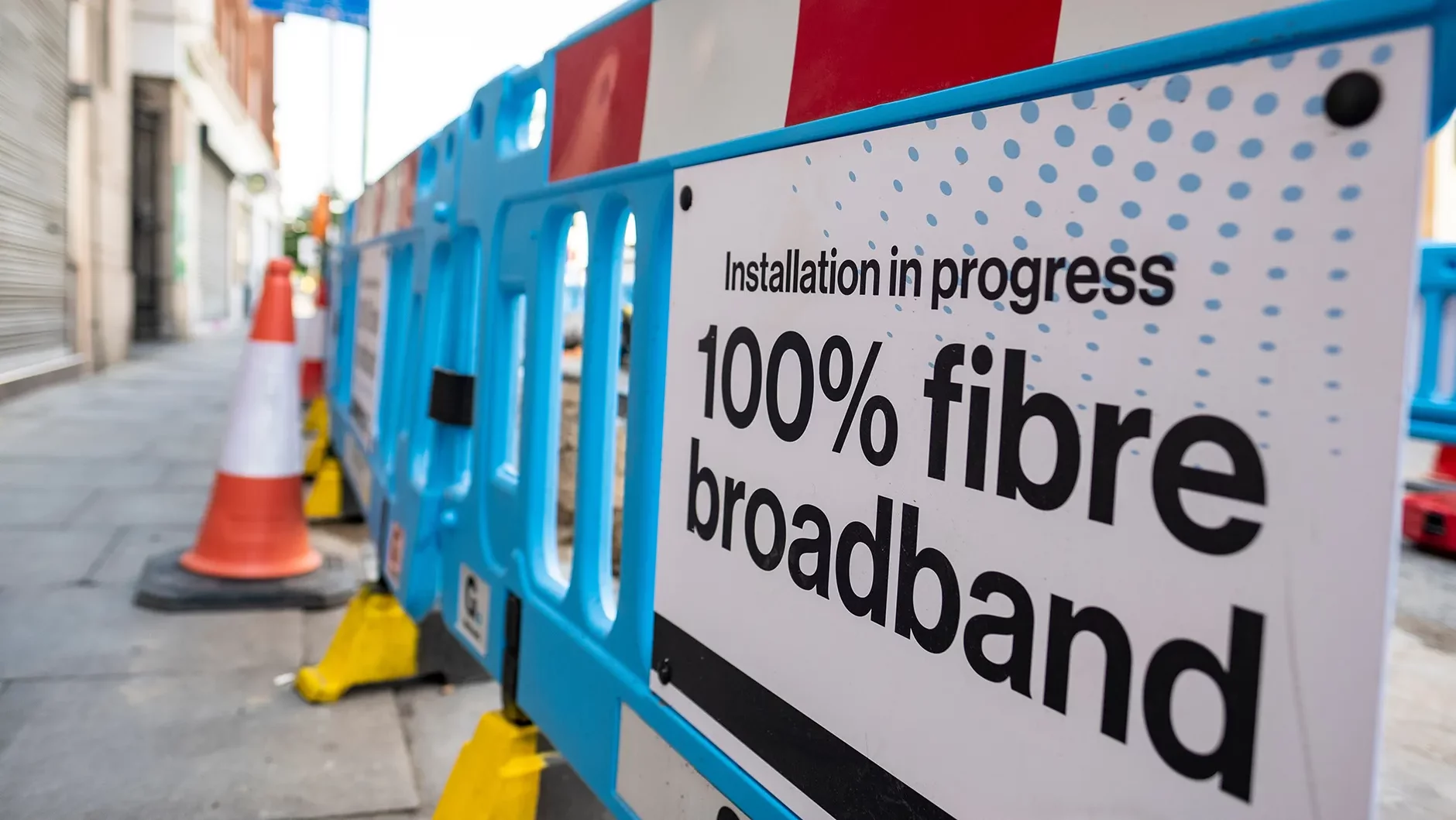Internet Traffic Tax: Why Telcos Should Tell EU Lawmakers What They Tell Their Investors

European telecom operators claim that growth in internet traffic has created a situation in which they are unable to make a “viable” return on network investments. The solution, they argue, is to demand payment – not just from their end-users, but also from popular tech companies that send data in response to end-users’ requests. This is at least what telco lobbyists are telling European politicians and lawmakers. But do their financial reports to shareholders show a different story?
In a recent letter, the CEOs of Telefónica, Deutsche Telekom, Vodafone, and Orange, claimed that online players should contribute financially to network upgrades if Europe still wants to reach its ambitious connectivity goals. This ignores the fact that tech companies are in fact already investing heavily in infrastructure, think for example of Google’s subsea cables or Netflix’s investments in Open Connect CDN. Nevertheless, the telco campaign has apparently triggered the European Commission to consider whether or not there is a need for regulatory intervention.
But is increasing internet traffic growth really the insurmountable problem that telcos claim it is? A recent study by Communications Chambers found otherwise; arguing that demand for internet traffic actually drives telcos’ revenues, e.g. through fixed lines, including fibre cables, and tiered mobile data tariffs.
This might explain why telcos are trying to attract data-hungry customers by using streaming services to promote their own offerings. If data traffic really is that unmanageable or undesirable for them, surely telcos wouldn’t be actively targeting this specific customer segment?
It is also worth noting that traffic growth is not increasing exponentially as commonly thought. Instead, Communications Chambers found that data growth has actually been declining – for both fixed and mobile access – in recent years (aside from a short-lived spike during the lockdowns). If growth in data traffic is indeed driving revenues for telcos, then maybe they should be more concerned by diminishing demand for data traffic (which is what a tax on internet traffic would cause)?
The latest financial reports of telecom operators do not paint the picture of a sector in such a dire position that it justifies their attempted rent seeking from other industries, nor has surging internet traffic weakened their financial performance. On the contrary, Vodafone Group CEO Nick Read said in May that they had “delivered a good financial performance in the year with growth in revenues, profits and cash flows, in line with our medium-term financial ambitions.” Vodafone reported a profit of €2.6 billion for the financial year.
Telefónica reported that it “has accelerated its growth in the first quarter of 2022, reporting an increase in revenues in all the markets of the company in reported terms, and a net income of €706 million.” Meanwhile, Orange said that it continues to “reap the benefits of our European fibre and 5G network leadership with a 2% rise in our retail sales growth in these first three months”.
Similarly, following the strong financial year 2021, Deutsche Telekom continued its growth in the first three months of 2022. Revenue increased by 6.2 percent to €28 billion, with service revenues growing even faster at 10%, Germany’s incumbent operator boasted. Its 2021 net profit were €5.9 billion. “We are continuing to grow on an organic basis and are therefore in a position to raise our guidance for 2022,” Deutsche Telekom CFO Christian Illek said when presenting the quarterly figures.
Indeed, telcos are sharing very different messages about their own ability to invest in networks depending on who’s listening. When talking to EU lawmakers, traffic growth is an insurmountable burden, but in earnings calls with their shareholders and investors, traffic growth seems to be a major driver of growth. Because unlike in lobby talking points, companies are subject to transparency obligations when reporting on their financial situation.
Telcos should start telling EU lawmakers the same story they share with investors: the truth is that exciting applications and online content drive demand for telcos’ services, which in turn generates more revenue. Taxing internet traffic would thus mean taxing what telcos, and Europeans, actually want more of.








